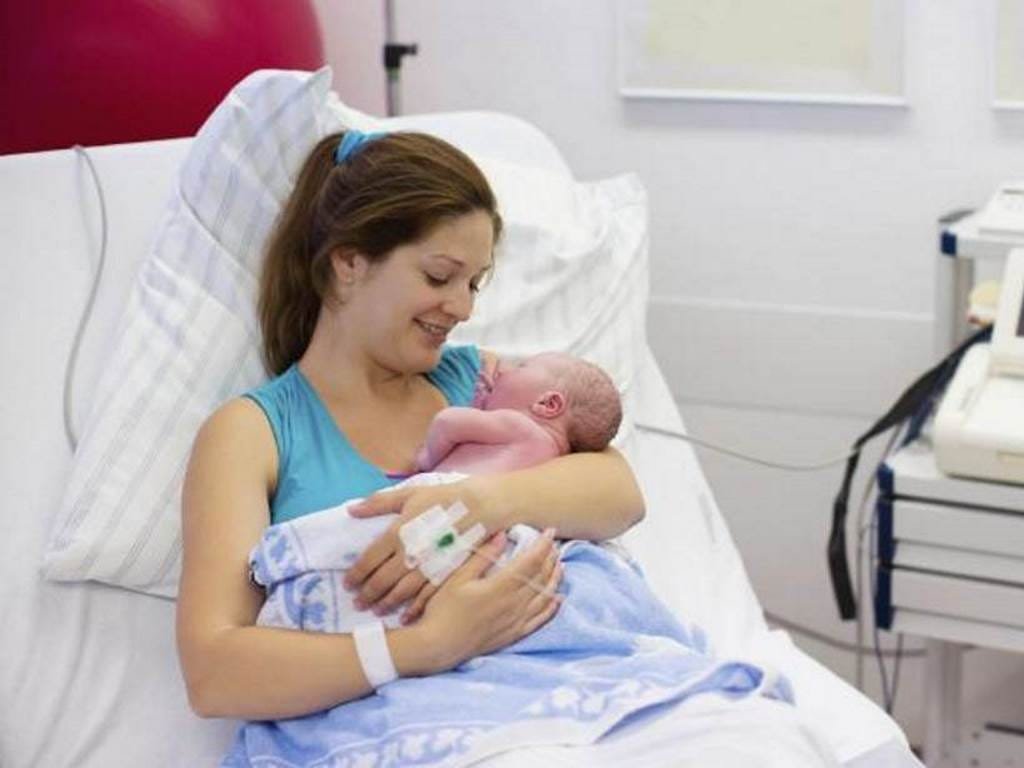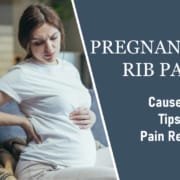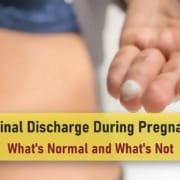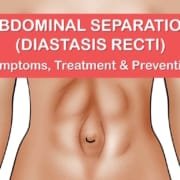Pregnancy After 35
Over the past forty to fifty years, there has been a dramatic increase in the number of women having their babies after the age of 35 years. In the United States, this increase started in the mid-1970s and has continued to rise steadily over time. The age at which women first become mothers is also on the rise.
Women should ideally be free to choose when to start a family based on personal and professional circumstances, but very little can currently be done to reverse the underlying biological factors that determine reproductive ageing.
Women can have children into their 30s and 40s, however, the landscape of treating these patients is a little different. If you’re trying to get pregnant after age 35 it’s important to keep yourself healthy, so that you can have a healthy pregnancy.
How does ageing affect the chances of conceiving?
 Getting pregnant after age 35 can sometimes take more time than it might for those in their 20s and early 30s. At birth your ovaries have all the eggs you will ever have, between 1 million and 2 million. By puberty, half of them will be gone. As you get older, the number of eggs continues to reduce, they ovulate less, their fertility declines and the chance of getting pregnant are reduced. On average, this decline begins slowly in early thirties and speeds up in the late thirties and forties. The egg quality also decreases over time and there are less chances of getting pregnant. (For more details see “Effect of Advanced Age on Fertility and Pregnancy “)
Getting pregnant after age 35 can sometimes take more time than it might for those in their 20s and early 30s. At birth your ovaries have all the eggs you will ever have, between 1 million and 2 million. By puberty, half of them will be gone. As you get older, the number of eggs continues to reduce, they ovulate less, their fertility declines and the chance of getting pregnant are reduced. On average, this decline begins slowly in early thirties and speeds up in the late thirties and forties. The egg quality also decreases over time and there are less chances of getting pregnant. (For more details see “Effect of Advanced Age on Fertility and Pregnancy “)
Male fertility declines with age as well. As men age, they can expect a decline in semen volume, sperm counts, sperm motility, and the number of normal sperms. Older females with older male partners who are trying to get pregnant will experience the combination of both female and male age-related fertility decline.
Improving chances of becoming pregnant
You’ll have a better chance of getting pregnant if you understand your menstrual cycle. The average cycle is 28 days, but it can vary from anywhere between 20 to 40 days for some women.
If your cycle is regular, then you can know that you probably ovulate 2 weeks before the start of your next cycle. So you can work from that and work out the best time to have sex. (Use this “Accurate Ovulation Calculator” to know your most fertile days)
Both you and your partner should be as healthy as you can be. Apart from anything else, following really will help your chances of getting pregnant. You can both:-
- Quit if you smoke, and avoid passive smoking
- Be a healthy weight
- Avoid alcohol
- Eat a healthy diet
- Check for and treat any sexually transmitted diseases (STDs).
When should you consult the doctor?
If you’re over 35 and you’ve been trying to get pregnant for six months or more, you should see the gynecologist.
For women below the age of 35, usual advice is to try to conceive for a year first, unless you know you have issues like endometriosis or other conditions that can affect your fertility.
Treatments
There are many options available for women experiencing difficulty in getting pregnant. However, the choice of treatment depends on identifying the underlying cause, making it essential to investigate the root cause of the fertility issue.
First, you and your partner would have a number of fertility tests, which might include sperm tests, checks for sexually transmitted infections, and possibly an ultrasound.
Then, depending on the results, your doctor might suggest treatments such as:
- Hormone therapy
- IVF and variations such as ICSI
- Artificial insemination.
- These treatments can all work. None are guaranteed.
For example, for women in their late 30s, the chances of going home with a baby after a cycle of IVF treatment is less than 1 in 5. For a woman in her early 40s, the chance of going home with a baby after a cycle of IVF is about 1 in 14.
Preconception
Prior to getting pregnant, it’s crucial to make sure you’re healthy enough to carry a baby. Call your gynecologist and schedule an appointment for a checkup. They’ll likely take a complete medical history and order blood tests to ensure your hormones are at proper levels. Your gynecologist might also discuss with you whether you’re in the right place emotionally and mentally to become pregnant. You’ll also want to ensure any issues like diabetes have been taken care of and that you’re taking a multivitamin with folic acid. A multivitamin with folic acid can help improve egg quality. (For more details see “How to Plan and Prepare for a Healthy Pregnancy“)
During Pregnancy
If you are over 35 and have become pregnant, it’s important that you get good antenatal care, as there are a few things that you need to watch out for, such as , high blood pressure, gestational diabetes and the chance of twins.
You’ll also want to protect yourself from anything that could impact the your or baby’s health. This includes totally avoiding drinking, smoking, and using drugs. You’ll want to make sure you’re vaccinated against diseases and sicknesses like pertussis (whooping cough), the flu, rubella and whatever else your gynecologist recommends.
Gaining the right amount of weight is also important. You certainly don’t want to lose weight, however, you’ll want to gain weight gradually and at a healthy pace. Your gynecologist will help you determine the right amount of weight to gain.
What are the Risks?
Becoming pregnant after age 35 increases the risk of certain complications, including premature birth, diabetes, birth defects, increased caesarean section rate and having multiples (twins, triplets, quads, etc.). Prenatal screening can help determine if your baby would be at a particularly high risk for certain genetic defects.
Risks to you, the mother, include pre-eclampsia, a deadly condition that can occur after the 20th week of pregnancy or after delivery. This condition causes your blood pressure to increase. Symptoms of pre-eclampsia include having protein in your urine, severe headaches, and vision changes.
What if am already over 35?
You should not be overly concerned, but should be aware of the possible risks. These include an awareness of the risks of genetic disorders and the screening tests available, ensuring any medical conditions are managed and stable (for example, high blood pressure, diabetes or obesity) and ensuring that folic acid and vitamin supplements are taken around the time of conception. A woman’s health should be as optimal as possible prior to pregnancy, which means maintaining a healthy weight and eating a balanced diet, taking regular exercise, limiting alcohol and not smoking.
Lot of women who become pregnant in their late thirties and early forties have perfectly healthy pregnancies and babies. Regardless of age if you are planning pregnancy, you need to be fully informed, receive optimal care and support, and the appropriate medical advice.










